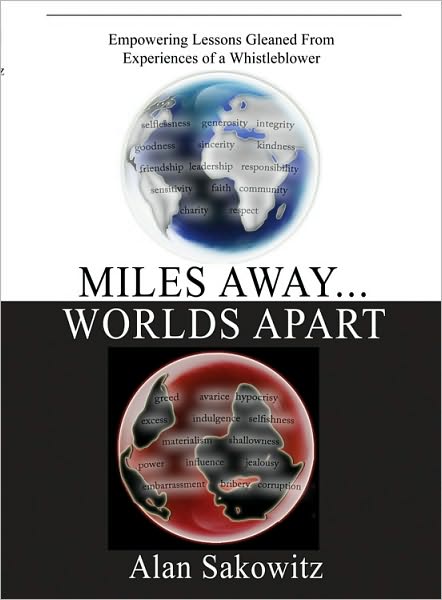This book is unusual.? Let me give you my quick view: this is a book written by an Orthodox Jew regarding an unscrupulous Jew who used his abilities to communicate to swindle others in a Ponzi scheme.? This is a surmise, because of all the ill-will toward Jews created after the scandal broke, the author tries to differentiate between one who is nominally/ethnically a Jew, and one who takes the ethical principles of Rabbinic Judaism seriously.
As such, this is really two books.? One on the author’s congregation, friends, and extended family, and the good things that they have done as Orthodox Jews, and a book on how the author concluded earlier than anyone else that Scott Rothstein was a fraud, and probably running a Ponzi scheme.? (Alternatives were money-laundering, drug transport, etc.)
I appreciate the logic that the author brings to the table in the book.? I myself have uncovered a variety of investment scams from life settlements, collateralized stock loans, Nigerian schemes, and penny stock promoters.? The author zeroed in on the lack of data to verify the cash flows, and the unlikelihood of so many cases being handled by one man, Scott Rothstein.
As an aside, always be wary when you meet someone that wants a lot of information, but is averse to sharing information.? Divide-and-control is an excellent way to gain power in an organization.? Fight it by connecting with others.
Once the author came to a firm conclusion that Scott Rothstein was dishonest, he faced the question of where to take the information.? Because Rothstein had used some of his clients’ money to buy favor with state and local officials, he decided to go to the FBI as the most competent interested federal organization.? After less than two months after talking to the FBI, the Scott Rothstein’s organization collapsed from a lack of cash flow, partly due to the efforts of the author to convince potential investors not to invest.
And now Scott Rothstein and more than a dozen of his associates are doing time in jail, because of a $1.4 billion Ponzi.? Not the hugest, but give the author credit, he kept it from becoming bigger.
One final note: the title of the book is delicious, because the author and the felon were miles away in distance, but worlds apart in what they valued.
Quibbles
There are a few misspellings, but nothing major.
I understand why he brings up the good deeds of Orthodox Jews, but to have it occupy so many pages of a book dealing with financial fraud will leave some cold.
Also, I disagree with the way Rabbinic Orthodox Judaism interprets the Law (Torah).? We are not to create a hedge around the Law, as the author states.? We cannot be holier than God.? To add to God’s Law is to take away from God’s Law and substitute Man’s Law in its place.? Far better to understand the Law the way Y’Shua Ha’Mushiach (commonly called Jesus) did, and understand that it applies to our hearts and actions, as best expressed by the Larger Catechism Questions 91-153.
Who would benefit from this book:
Most people would benefit from this book — it will make you aware of financial fraud on two levels: the way that the finances of a fraud don’t make sense, and the outward aspects of the life of one committing fraud.? If you end up more suspicious of those offering opportunities that are too good to be true, that will be worth more to you than the price of the book 100 times over.
If you want to, you can buy it here: Miles Away… Worlds Apart.
Full disclosure: I asked the author for this book, and he sent it to me.? I read and review ~80% of the books sent to me, but I never promise a review, or a? favorable review.
If you enter Amazon through my site, and you buy anything, I get a small commission.? This is my main source of blog revenue.? I prefer this to a ?tip jar? because I want you to get something you want, rather than merely giving me a tip.? Book reviews take time, particularly with the reading, which most book reviewers don?t do in full, and I typically do. (When I don?t, I mention that I scanned the book.? Also, I never use the data that the PR flacks send out.)
Most people buying at Amazon do not enter via a referring website.? Thus Amazon builds an extra 1-3% into the prices to all buyers to compensate for the commissions given to the minority that come through referring sites.? Whether you buy at Amazon directly or enter via my site, your prices don?t change.


Hi, I always enjoy your posts. Didn’t read the book, but just one comment. The Jewish idea of “a fence to the Torah” is not to be confused with the tradition of oral law.
“A fence to the Torah” is usually something minor. For example, making or adjusting a fire is prohibited on the Sabbath by oral law. The fence part would just be a prohibition not to then move candles b/c you might end up putting them out.
Usually Christian theologians don’t believe in the oral law, which is much more broad.